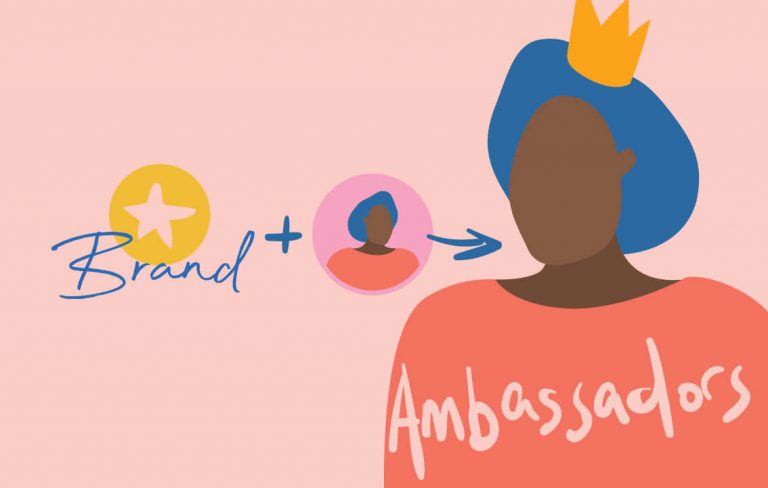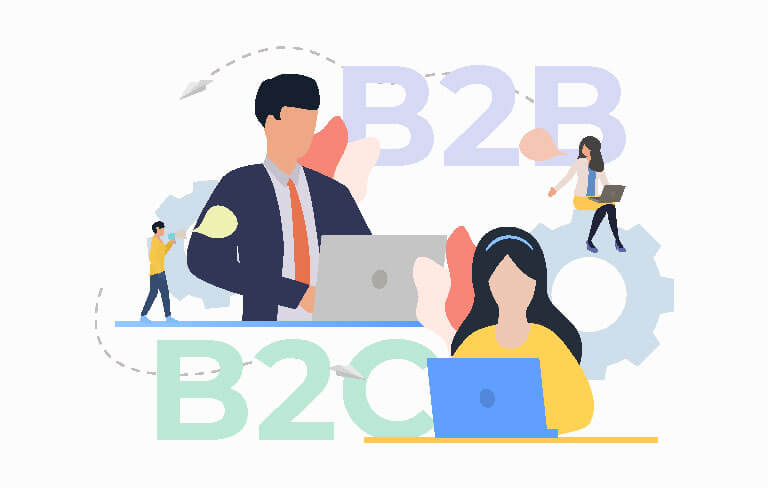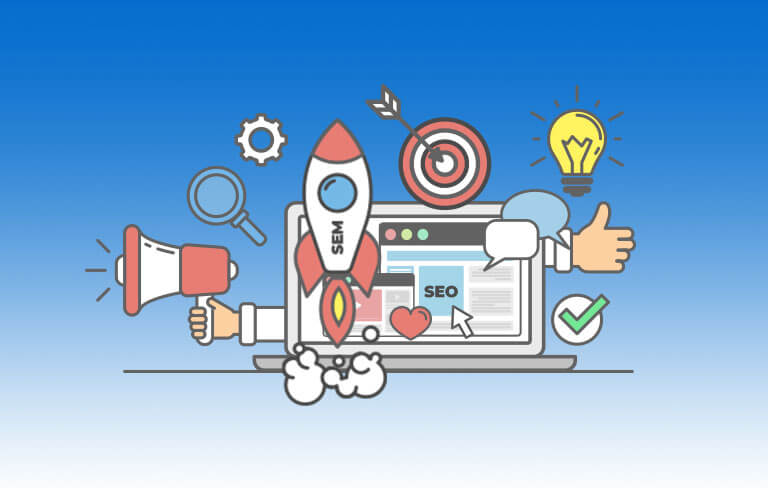In today’s market, brands must recognise that businesses are made up of individuals who make decisions based on emotions and personal preferences. Brands should treat business buyers like consumers, using engagement and personalisation to influence them. This shift requires a more humanised Business to Business (B2B) marketing approach, focusing on genuine connections and delivering personal value.
When most people think of influencer marketing, they picture brands targeting consumers directly through Business to Consumer (B2C) strategies, focusing on an influencer’s individual followers. However, more companies are now leveraging influencers to target other businesses, known as B2B influencer marketing. Refer to B2B and B2C: Sisters or strangers on the relationship between them.
B2B influencer marketing involves brands collaborating with influential individuals, key industry figures, or subject matter experts to create content that influences customers’ perceptions and purchase decisions by providing credible information. These partnerships help companies authentically convey business benefits and expand their reach to new audiences. According to Ogilvy’s “The Global Rise of B2B Influencer Marketing” survey of 550+ senior B2B decision makers, 75% of B2B businesses use this strategy, with 67% seeing greater marketing performance compared to traditional brand-only efforts.
This article explores the benefits of B2B influencers, how to choose the right ones, the challenges involved, and why you should consider this powerful marketing strategy.
Benefits of B2B Influencers Marketing:
1. Enhanced Credibility and Trust
B2B influencers bring a level of credibility that traditional marketing efforts often lack. By sharing authentic and reliable information, they help build trust with your target audience. When an industry expert endorses your product or service, it lends legitimacy and confidence to your brand.
2. Increased Brand Awareness
Collaborating with B2B influencers can significantly boost your brand’s visibility. Influencers have established followings within niche markets, allowing you to reach and engage with a more targeted audience. This increased exposure can lead to higher brand recognition and recall.
3. Lead Generation and Conversion
Influencers can drive high-quality leads and improve conversion rates. Their content resonates with their followers, who are more likely to trust their recommendations. This can result in more qualified leads and a higher likelihood of conversion.
Factors to Consider when Choosing B2B Influencers:
Identify Relevant Influencers:
Start by identifying influencers who align with your brand’s values and industry. Look for individuals who are respected and recognised within your niche. For example, if your brand specialises in the food and beverage industry, you might want to look for food influencers such as Seth Lui.
Assessing Influence and Reach:
Evaluate an influencer’s impact by looking at their reach and audience engagement. High follower counts are important, but engagement rates such as comments, likes, shares, and interactions on his posts provide better insight into their influence.
Authenticity and Expertise:
Choose influencers who engage authentically with their audience. Authenticity builds trust, and genuine interactions are more likely to resonate with potential customers. Review the influencer’s past collaborations and expertise in your brand’s industry. A proven track record indicates their reliability and effectiveness.
Key Challenges of B2B Influencer Marketing
1. Measuring ROI
B2B influencer marketing often involves longer sales cycles and more complex decision-making processes, making it difficult to directly attribute sales to influencer activities. Companies need sophisticated tracking and analytics tools to accurately measure the impact of these campaigns on lead generation, brand perception, and conversion rates.
2. Ensuring Brand Authenticity
Maintaining the authenticity of influencer content is crucial. Overly commercialised or insincere content can damage both the influencer’s and the brand’s credibility. Companies must work with influencers to create genuine, valuable content that aligns with the influencer’s voice and provides real value to their audience.
3. Finding the Right Influencers
Identifying influencers who have the right expertise and influence within your specific industry can be challenging. It’s essential to conduct thorough research to find individuals who are not only knowledgeable and respected but also align with your brand’s values and messaging to ensure a consistent and authentic brand image.
Conclusion:
As businesses increasingly recognise the value of authentic, expert-led content, the role of B2B influencers continues to expand. These influencers not only enhance credibility and trust but also bridge the gap between brands and their target audiences through meaningful, impactful engagement. In today’s competitive market, leveraging the expertise and reach of B2B influencers is no longer just an option—it’s a necessity for brands aiming to stay relevant and competitive. As more companies adopt this strategy, those who fail to embrace B2B influencer marketing risk falling behind.
If you want to elevate your brand and create meaningful and long lasting relationships with consumers, contact us today!





